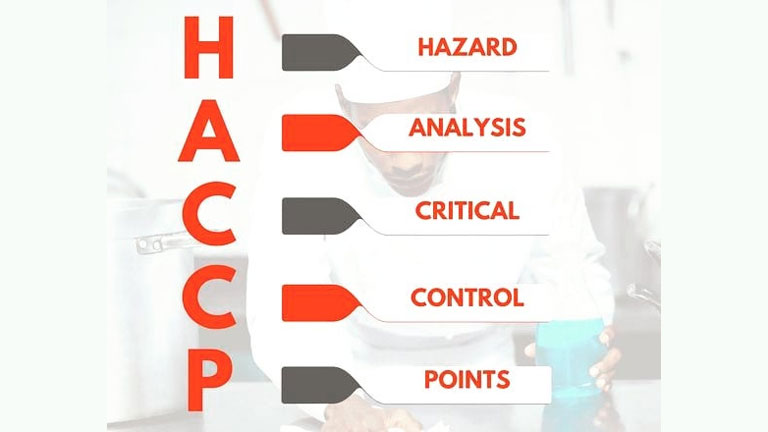
It Is not just today, but it has been ages since the food industry has been very particular about the quality of food manufactured. There are different control systems in place which make sure to keep a check on the quality.
The Hazard Analysis Critical Control Point (HACCP) system is a process control system. This identifies potential risks in the food manufacturing process. HACCP aims to ensure food safety by analysing and controlling:
- Biological
- Chemical
- Physical dangers
From:
- Raw material production
- Procurement
- Handling
- Manufacturing
- Distribution
- Consumption of the finished product.
In the food industry, why is HACCP so important?
Foodborne infections and allergic reactions can be severe health problems, caused by poor sanitation in food processing facilities and processes.
When bacteria can multiply and enter a person’s body, it can cause anything from slight discomfort to a fatal infection. The only way to avoid this is to ensure that bacteria get killed and cannot increase in high enough quantities and that they are not transmitted between foods. This is one of HACCP’s most critical tasks, and it can only get mastered through thorough HACCP awareness training course.
Similarly, allergic reactions can be life-threatening, especially in situations of anaphylactic shock, and they can only get avoided if people are aware of what they’re eating. And only if food preparers and producers can guarantee that foodstuffs don’t come into touch or combine when they shouldn’t can this get determined. This is why HACCP is so crucial.
What are HACCP’s fundamental tenets?
Make a risk assessment
Like with most danger lowering frameworks, the first stage in HACCP is to undertake a thorough risk assessment or hazard analysis of the processes you’re in charge of. This entails identifying any biological, physical, or chemical risks that may develop during food manufacturing, storage, packaging, or other processes.
Is there a risk of germs becoming an issue? Is it possible that alien bodies will end up in your food? Could allergens get into products that aren’t labelled? If the hazard analysis is complete and adequate, several questions should get asked at this point.
Determine which control points are crucial
Once the risks have got identified and assessed, the next step is to pinpoint the specific points in the food manufacturing process where they may occur and, , get controlled. These CCPs (critical control points) can get located everywhere to install controls. For example, if you’re preparing a piece of meat that must reach a specific temperature to be safe, a CCP may be the point at which you determine if the item has got cooked and gets prepared to get presented to a consumer.
Conclusion
HACCP is included in a variety of food safety and hygiene courses, and it should be covered in some capacity in every excellent food safety and hygiene education. As a result, attending the appropriate course is the only way to completely understand how HACCP works, what it can achieve, and how to implement it.




